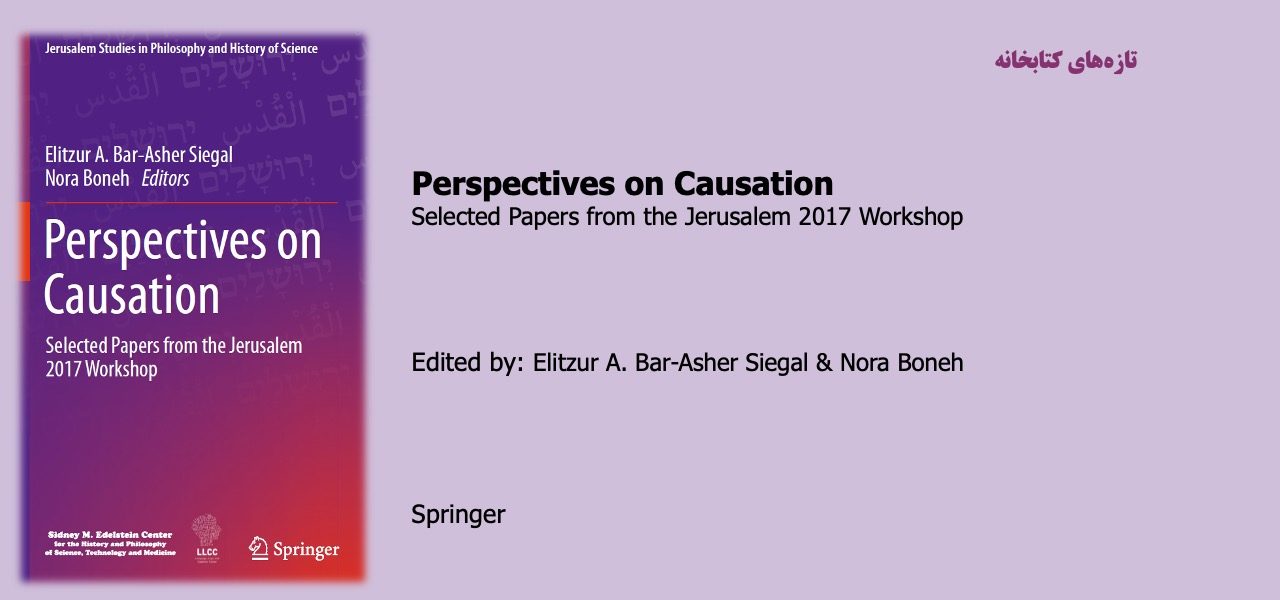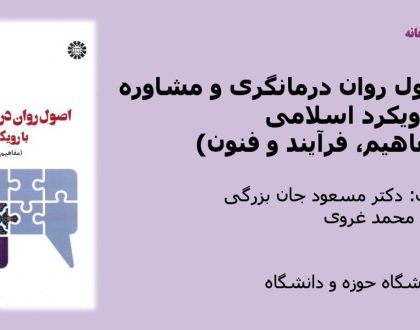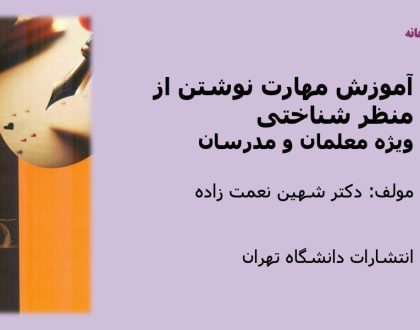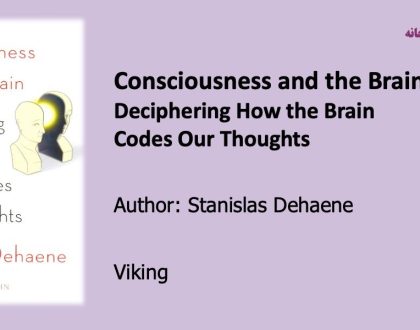Perspectives on Causation Selected Papers from the Jerusalem 2017 Workshop

Causation stands at the heart of all sciences, and as such, philosophers, linguists, and cognitive scientists seek to understand the exact nature of this concept and how causal structures are represented in the human cognitive systems.
The philosophical models have been a central motor and a constant point of reference in how thought and to some extent methodology in other disciplines have been shaped. For example, linguists often borrow philosophers’ analyses of causation and assume that the relevant linguistic expressions denote such concepts. Similarly, psychologists and cognitive scientists put to the test models of causation in investigating central cognitive competencies such as causal learning and reasoning. The connections between the disciplines, however, are definitely not unidirectional. Philosophers, for example, occasionally seek insights from the linguistic literature in understanding what yields certain interpretations of causal statements. Similarly, other types of interactions can be sought: cognitive psychologists may benefit from being informed by linguistic analyses in their explorations of specific human behavior involving language. And of course, linguists may benefit from cognitive investigations that can be brought to bear on questions pertaining to domain generality of language, taking causation and its linguistic encoding to be a study case.
These broad considerations served as the framework for an interdisciplinary encounter held in June 2017 at the Language, Logic and Cognition Center at the Hebrew University of Jerusalem, where scholars from the three disciplines attended the workshop Linguistic Perspectives on Causation. This workshop aimed to bring together cognitive psychologists, linguists, and philosophers in order to explore further how the different disciplines can be beneficial and instructive to one another.
مطالب مرتبط

اصول روان درمانگری و مشاوره با رویکرد اسلامی (مفاهیم، فرآیند و فنون)
۲۶ / بهمن / ۱۴۰۳

آموزش مهارت نوشتن از منظر شناختی
۲۶ / بهمن / ۱۴۰۳


